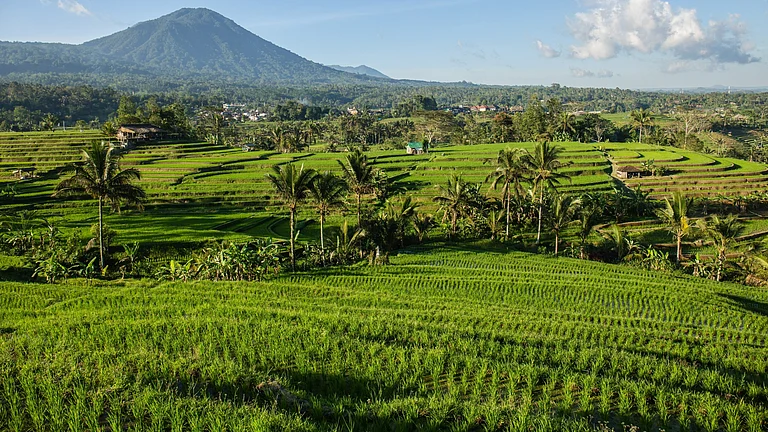The Bureau of Indian Standards (BIS) said it is developing a National Agricultural Code (NAC) to promote quality and best practices in the agriculture sector.
NAC will incorporate emerging agricultural technologies, novel farming practices, and varying regional conditions across India. In developing this code, areas that are lacking standardisation will be identified and standards will be developed for them, it said.
This is in line with the other successful codes developed by BIS, like the National Building Code (NBC) and the National Electrical Code (NEC) for construction and electricity.
Addressing a workshop to expedite the development of NAC, BIS Director General Pramod Kumar Tiwari said, "While standards exist for agricultural machinery, equipment, and inputs, NAC would act as an enabler of quality culture in Indian agriculture by providing the required reference to policymakers and guidance to the farming community."
Key considerations for the development of NAC would include its approach, structure, various methods for engagement, institutional readiness, and the importance of demonstrations, he added.
BIS Deputy DG (Standardisation) Sanjay Pant said NAC holds immense potential to transform India's agricultural sector by creating a more conducive environment for farmers to thrive.
"By addressing the challenges faced by farmers and promoting efficient and sustainable agricultural practices, the NAC can significantly improve the livelihoods of millions of people in rural India," he noted.
Representatives from ICAR institutions, state agricultural universities, and industry associations participated in the workshop.


























.jpg?w=200&auto=format%2Ccompress&fit=max)




